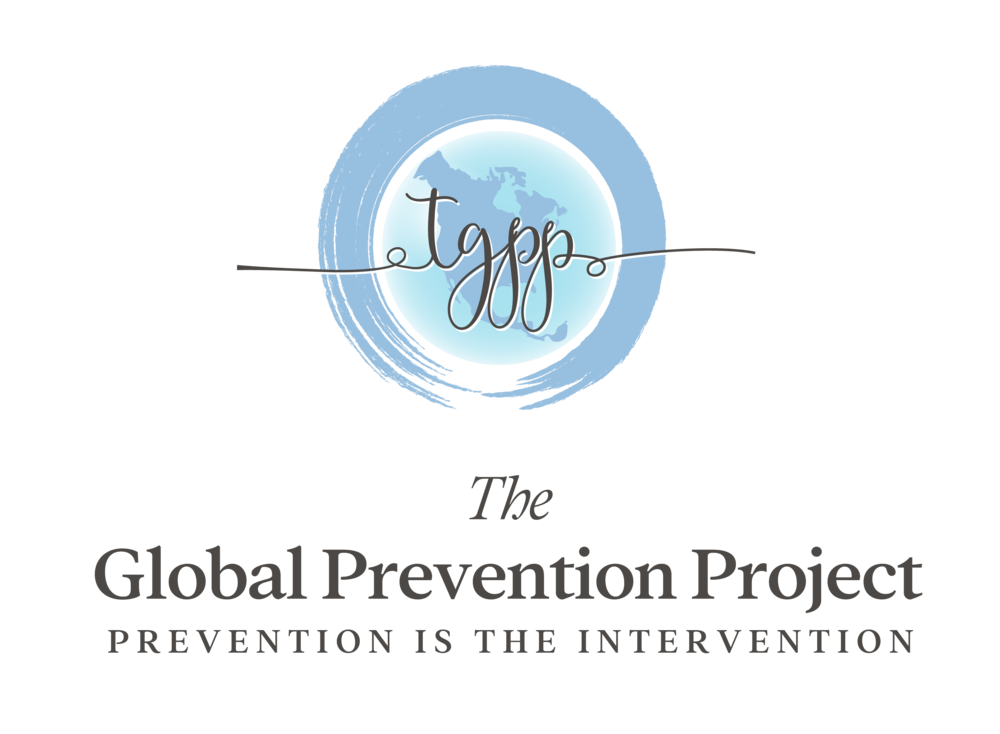Imagine waking up to a loud knocking at your door. It's a Saturday morning and you're not expecting anyone. It's the FBI. They have a warrant to search your home. You think, 'they must have the wrong house'. They tell you they have a warrant for your partner's arrest for the possession of child pornography. You think, 'this must be a mistake'. You later find out he's been hiding his compulsive porn habit from you for the last decade. You're devastated. You don't know what to believe or what to think.
The local news paper runs a story of the arrest. Neighbors gossip about it and won't talk to you anymore. You must work multiple jobs in order to keep your house and care for your kids. The mandatory minimum sentence in your state is 5 years for his charge. You've lost your community, your stability, and you don't know what or who to trust. You don't know who you've been married to for all these years and you don't know whether to stay or to leave the relationship. Both have detrimental implications, so for now you stay. Your credibility is questioned because you haven't left while he's incarcerated, regardless of the fact that you don't know what you want or what to do. All you know is that you feel judged, misunderstood, and alone.’
These feelings create an experience that is highly stigmatized, misunderstood, and invalidated. It's what's called 'disenfranchised grief'.
Disenfranchised grief is the idea that certain losses are considered socially acceptable and therefore are deemed worthy of empathy and support. Bailey (2018) discussed that "grief becomes disenfranchised for three reasons: the relationship between mourners and the lost individual is not recognized as legitimate, the loss is not seen as significant, or the mourner is considered unable to grieve" (p. 643). Individuals then experience a grieving process that is both enhanced and extended.
For partners or significant others of sex offenders, "the stigma of the offense prompts a community reaction that emphasizes how the loss is better for the family rather than (receiving) a socially supportive, empathetic reaction” (Bailey, 2018, p. 645). These individuals often describe interactions with family and friends that become hostile and/or strained due to their partners legal involvement.
As someone who runs a support group for female partners of sex offenders, this is an experience they know all too well and have described to me often. Something all of them relate to is how individuals develop an almost voyeuristic curiosity about their relationship and feel as though they must constantly justify their choice to stay. Regardless of what's said to them, anything said regarding the relationships is often describe as unsolicited and coated in disdain and judgment.
What is left is an individual who feels isolated, invalidated, and stigmatized for the circumstances of which they neither asked for nor created. It's easy for us to say things like, "if I were you I'd leave" or "if I were you, I wouldn't put up with that." Which is almost like saying, "what's wrong with you, why are you staying?" But I bet the majority of us would never dream of saying this to someone. So what makes these statements so different? Because the reality is you have no idea how you'd respond or what you would do. The reality is you'd likely be devastated and you'd likely receive responses from others that only exacerbated your feelings of grief and shame.
What a world it would be if we could listen to someone share an experience that is already tainted with insurmountable shame and stigma and respond with empathy and without judgment. Empathy isn't about fixing someone's problem, it's about recognizing an emotion in another person and validating it. You can support someone emotionally and also disagree with their choices. I know, crazy right?
Don't conflate a partner's choice to stay with them justifying or minimizing their partners behavior. Their decision to stay or leave is theirs and theirs alone. What partner's of sex offenders need is support not judgment, empathy not sympathy. They likely don't know what they want, so the most compassionate thing you could possibly say is, "I can't imagine what you're going through, and I don't know what I would do, but I'm here for you".
Don't let the stories you make up in your head about another's person's life affect your ability to be a compassionate human being.
Bailey, D. J. (2018). A life of grief: An exploration of disenfranchised grief in sex offender significant others. American Journal of Criminal Justice, 43(3), 641-667.
